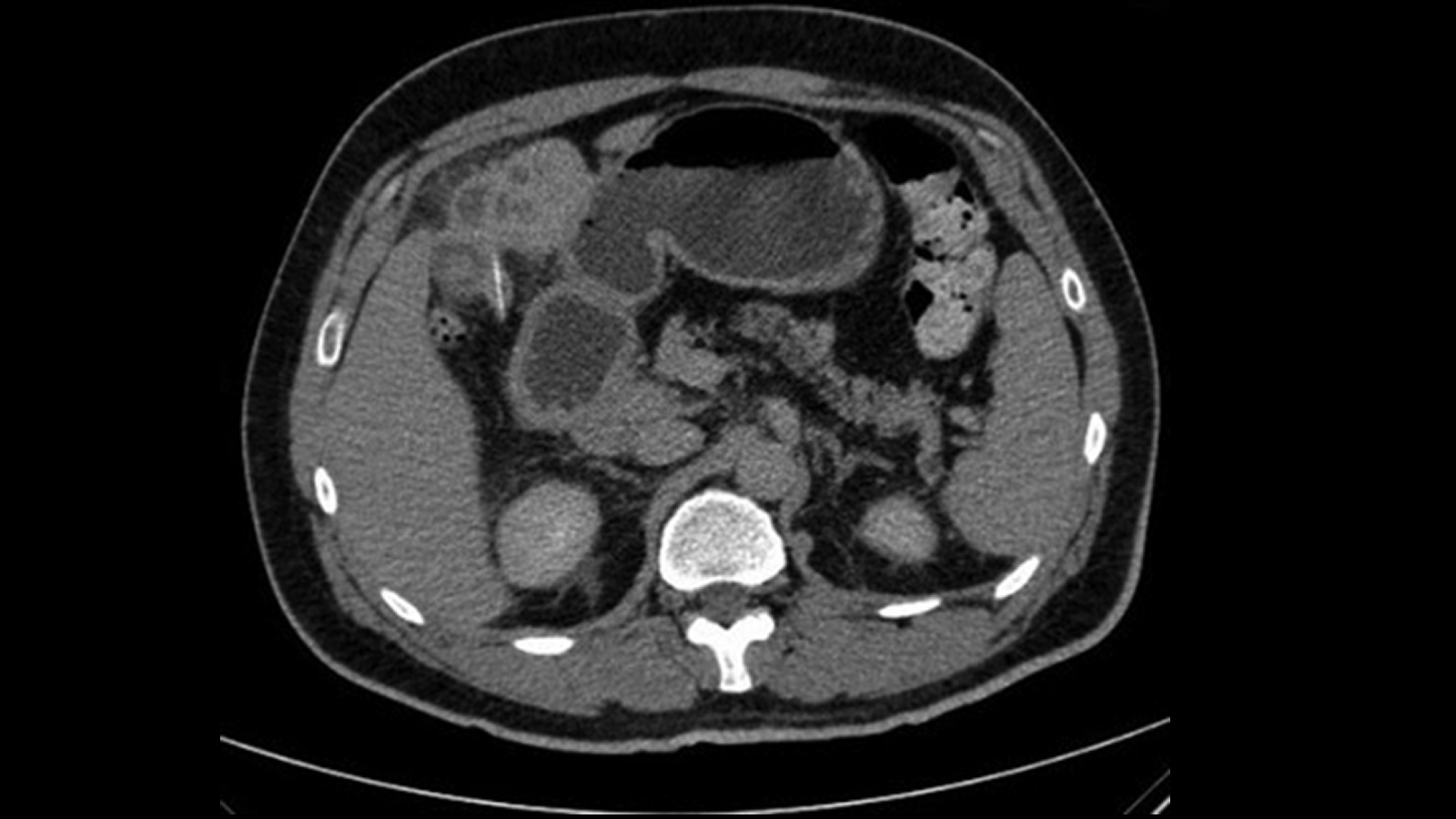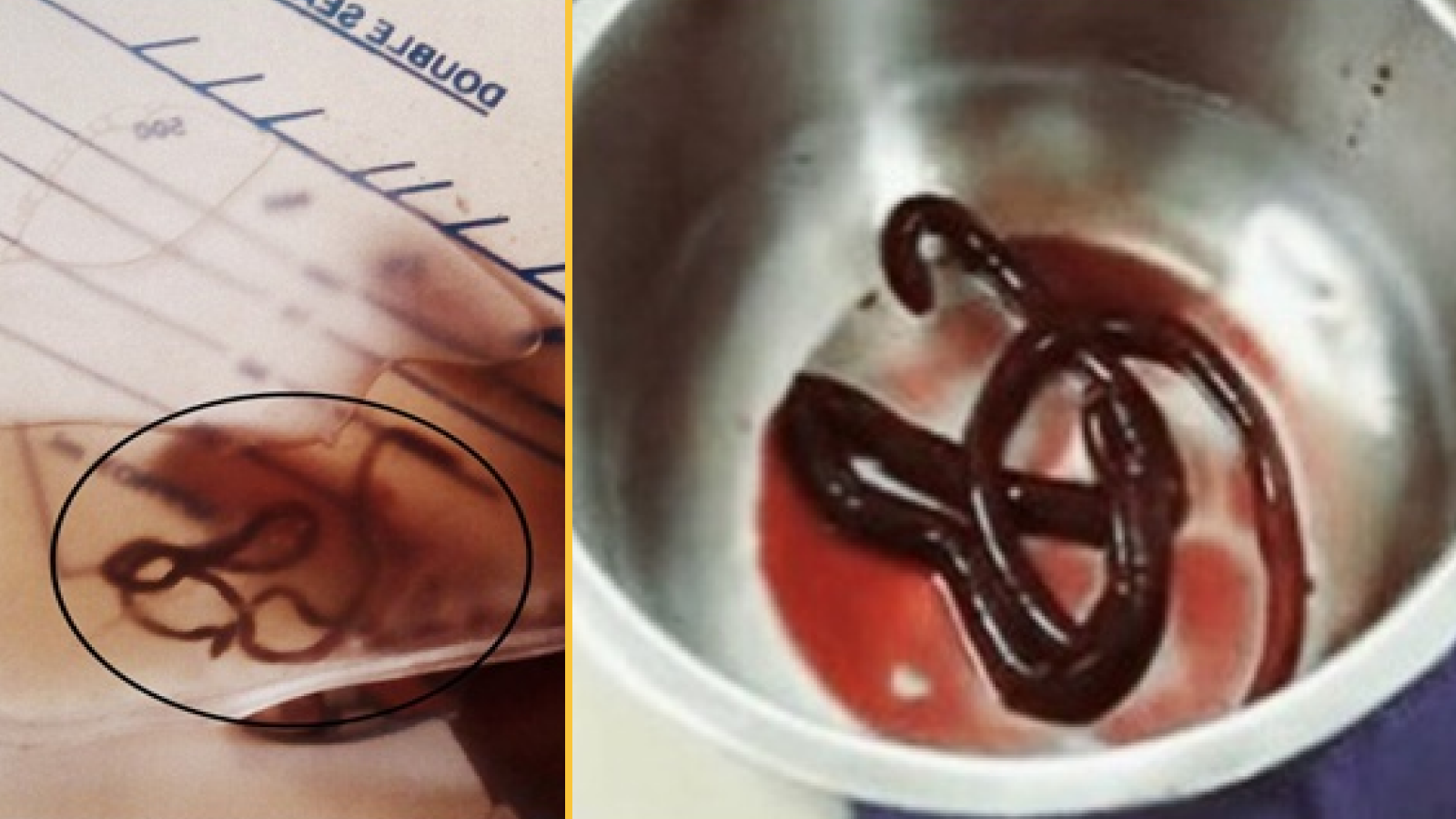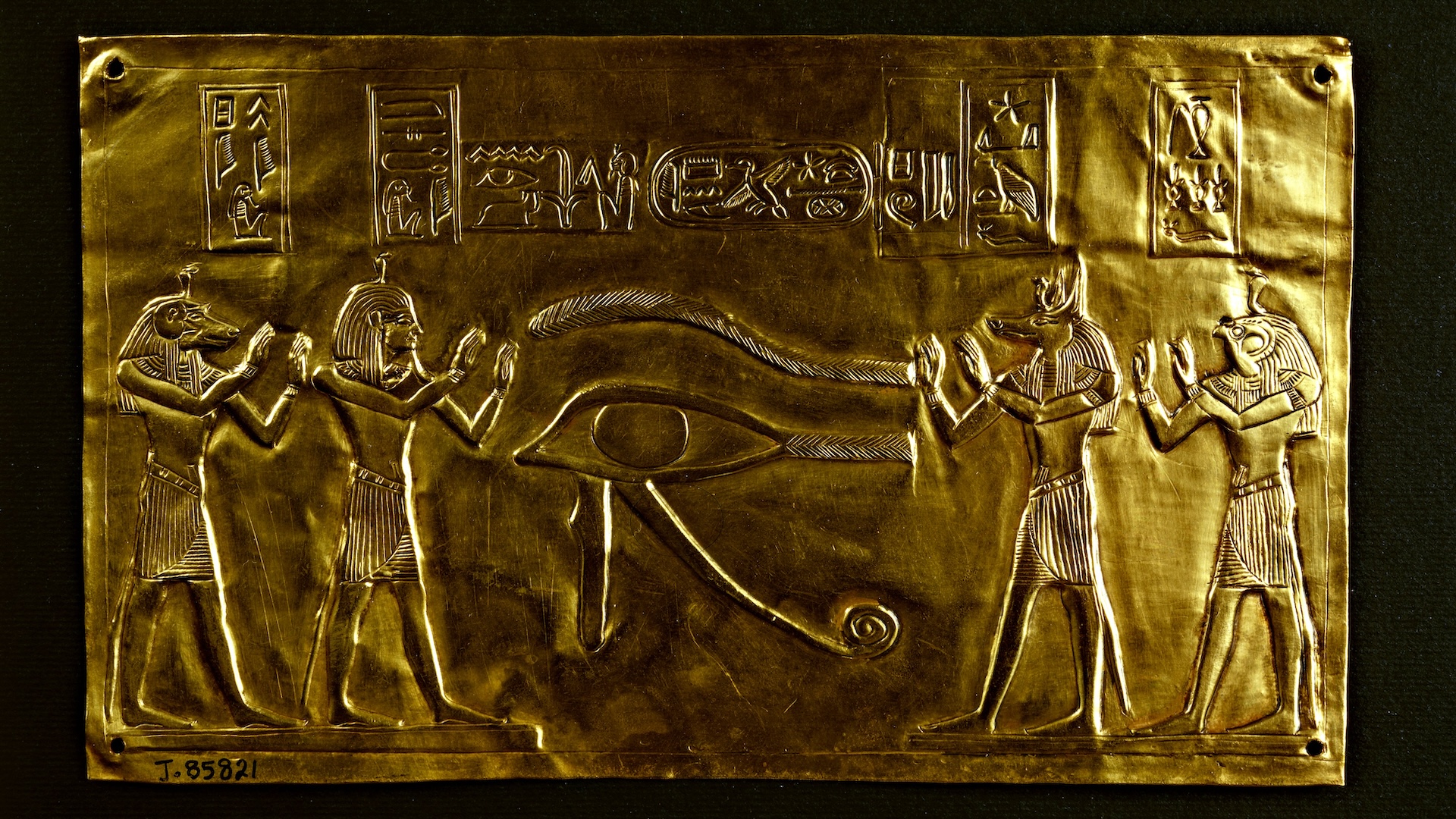Diagnostic dilemma: A fish bone wandered through a man's abdomen and stabbed his liver
A man went to the hospital several times with gut pain and a fever — and it turned out that his relatively common symptoms had an unusual cause.

The patient: A 45-year-old man in Saudi Arabia
The symptoms: The patient went to the hospital after experiencing 10 days of gut pain and fever. Doctors performed an ultrasound of the man's abdomen and found an abscess — a pus-filled mass — in the right lobe of his liver. They drained the abscess and gave the patient a 10-day course of antibiotics. His fever subsided, and the man was sent home.
However, a month later, the man ended up in the emergency room after experiencing six consecutive days of abdominal pain and a fever above 102.4 degrees Fahrenheit (39.1 degrees Celsius) — an apparent relapse of symptoms.
What happened next: During the man's second hospital visit, blood tests showed that he had an elevated count of white blood cells, a type of immune cell that fights infections, and lower-than-average levels of albumin, a protein produced in the liver. Doctors conducted an abdominal X-ray but detected no abnormalities. A computed tomography (CT) scan of the patient's abdomen showed that his kidneys, spleen, pancreas and gallbladder looked normal, the doctors wrote in a report of the case.
However, when the medical team examined the central region of the patient's liver, they found two anomalies. One was a lesion that looked like an abscess, and the other was a solid, twig-like object inside that lesion measuring about 1 inch (2.5 centimeters) long.
The diagnosis: The doctors suspected that the unidentified object had caused the abscess and that it likely resulted in the patient's first abscess a month prior, as well.
The treatment: After giving the patient antibiotics, the doctors performed a type of abdominal surgery called a laparotomy to remove the foreign object. It turned out to be a fish bone.
Sign up for the Live Science daily newsletter now
Get the world’s most fascinating discoveries delivered straight to your inbox.
The patient said he had probably swallowed it while eating fish during a meal about five months earlier, but he did not recall feeling anything unusual at the time. Post-surgery, the man's condition improved. Over the next three months, the hospital monitored his health through follow-up visits, and he had no further abdominal issues.
What makes the case unique: Liver abscesses are rare. In North America, about two cases are reported per 100,000 people each year, and estimates for other locations can reach about 17 per 100,000 people annually. The most common causes of these pus-filled lesions are infections that originate in the blood, bile ducts or abdominal organs.
Notably, the patient had a healed scar in a section of the small intestine called the duodenal bulb. This suggested that the swallowed fish bone had probably pierced the man's intestinal wall and then migrated from there into his liver.
Most small fish bones, if swallowed, pass harmlessly through the gut within about a week, according to the case report.
Disclaimer
This article is for informational purposes only and is not meant to offer medical advice.

Mindy Weisberger is an editor at Scholastic and a former Live Science channel editor and senior writer. She has reported on general science, covering climate change, paleontology, biology and space. Mindy studied film at Columbia University; prior to Live Science she produced, wrote and directed media for the American Museum of Natural History in New York City. Her videos about dinosaurs, astrophysics, biodiversity and evolution appear in museums and science centers worldwide, earning awards such as the CINE Golden Eagle and the Communicator Award of Excellence. Her writing has also appeared in Scientific American, The Washington Post and How It Works Magazine. Her book "Rise of the Zombie Bugs: The Surprising Science of Parasitic Mind Control" will be published in spring 2025 by Johns Hopkins University Press.
You must confirm your public display name before commenting
Please logout and then login again, you will then be prompted to enter your display name.










